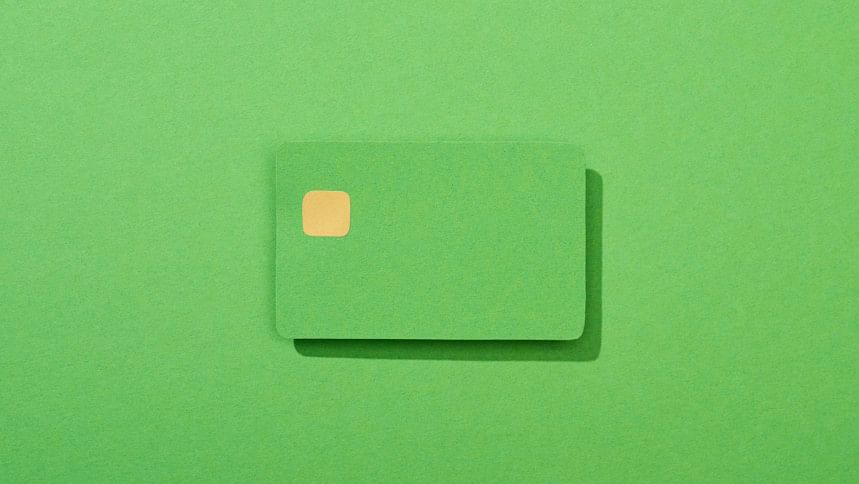How to use credit cards the right way

Credit cards, a cornerstone of modern financial management, offer a convenient way to make purchases, build credit, and reap rewards. Here's a guide to the best practices for credit card usage: the selection of the right card, management strategies, and the pros and cons of holding multiple cards.
Choosing the right credit card
The journey begins with selecting the most suitable credit card. Key considerations in this choice include one's credit history, spending habits, the card's interest rates etc.
Types of credit cards: Different credit cards cater to various needs. Rewards cards offer points, miles, or cashback, while secured cards are suitable for those with no or bad credit, helping in building credit history. Balance transfer cards can be beneficial for moving high-interest debt, and student cards provide resources for college students. Business credit cards offer perks tailored for business expenses.
Factors to consider: When selecting a card, consider your credit score, spending habits, type of card (secured or unsecured), interest rates, annual fees, and rewards programs. It's crucial to choose a card that aligns with your financial goals and spending patterns.
Credit score impact: Your credit score plays a vital role in determining suitable credit cards. Higher scores may qualify for cards with better rewards and higher limits, while lower scores may necessitate secured cards or credit-building options. However, in Bangladesh, the concept of credit score is not established yet. Nonetheless, your credit history impacts your banking profile.
Effective credit card management
Once a card is chosen, effective management is vital. The most critical rule is timely payments. Additionally, maintaining a low balance relative to the credit limit is essential.
Payment timeliness: Always pay your bill on time. Late payments can lead to interest charges, late fees, and negatively impact your credit history. If unable to pay in full, at least make the minimum payment.
Credit Utilisation Ratio: This is the ratio of your balance to your credit limit and should be kept under 30%. High utilization can negatively affect your credit score or history. Keeping balances low not only helps in managing repayments but also improves your credit history.
Credit history length: Maintain your older credit cards as they contribute to a longer credit history, which positively impacts your credit score.
The role of multiple credit cards
Holding multiple credit cards can be beneficial. They offer flexibility, variety in rewards, and can aid in budgeting by using different cards for different expenses. Multiple cards, if managed well, can improve your credit score by showing a diverse credit mix and a strong payment history.
Risks and management: More cards can lead to overspending and management challenges. It's essential to pay each card's balance on time and keep the utilisation below 30% for each card. Regularly using and paying off balances on multiple cards can boost your credit score, but mismanagement can have the opposite effect.
Strategic use of credit cards
Choose a card that aligns with your spending patterns, such as cards offering rewards on groceries, travel, or dining out. Be cautious not to spend more just to earn rewards. Apply for new cards judiciously. Multiple applications within a short time can negatively affect your credit score due to hard inquiries on your credit report.
General guidelines
Avoid letting the availability of credit influence your budget. Use credit cards as tools for financial management rather than as means for extending your spending capacity. Also remember to periodically review your credit card statements and credit report to ensure accuracy and to understand your financial standing.
Credit cards, when used judiciously, can be powerful financial tools. If used in the right way, they offer convenience, the opportunity to build a strong credit history, and access to various rewards and benefits that can help establish a good financial health.


 For all latest news, follow The Daily Star's Google News channel.
For all latest news, follow The Daily Star's Google News channel. 









Comments